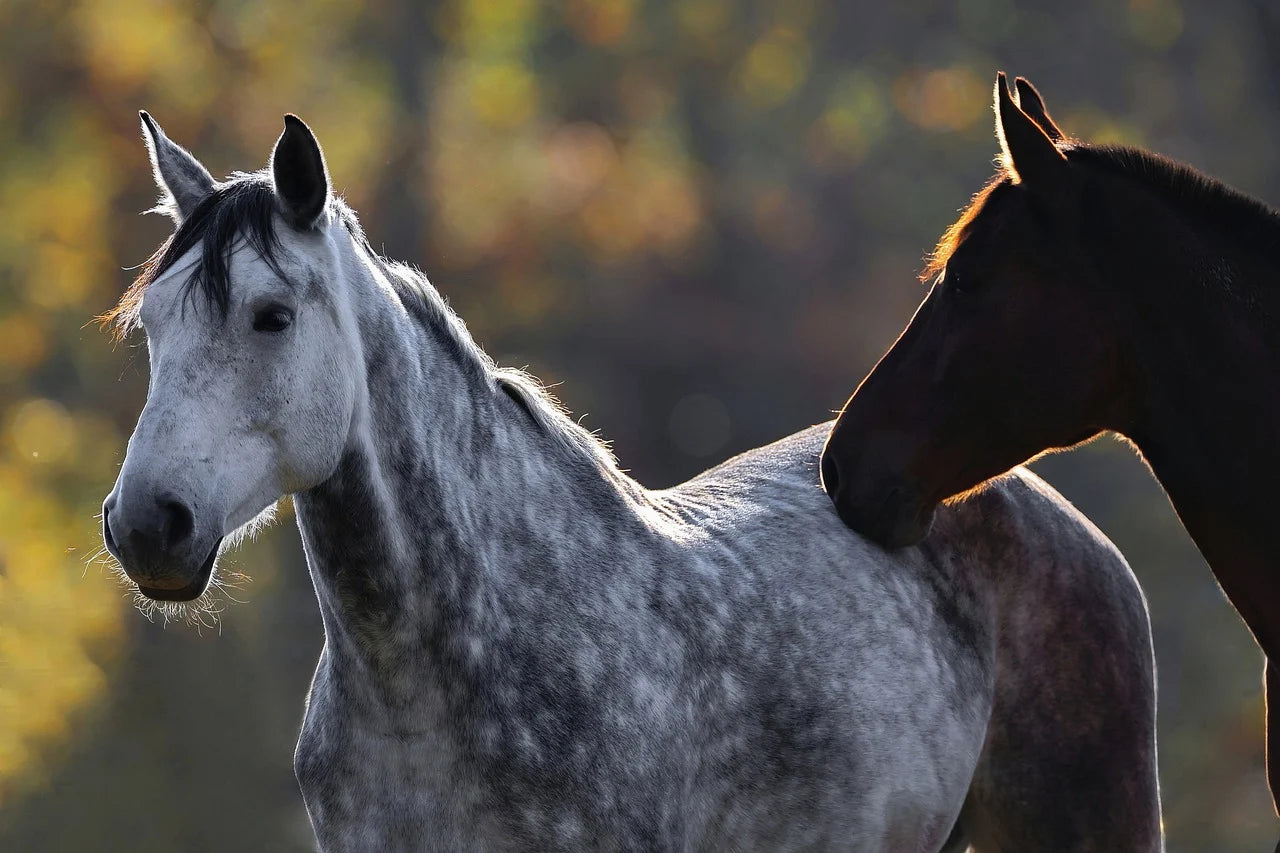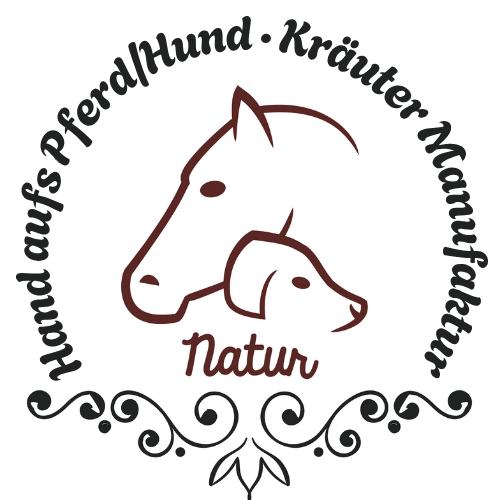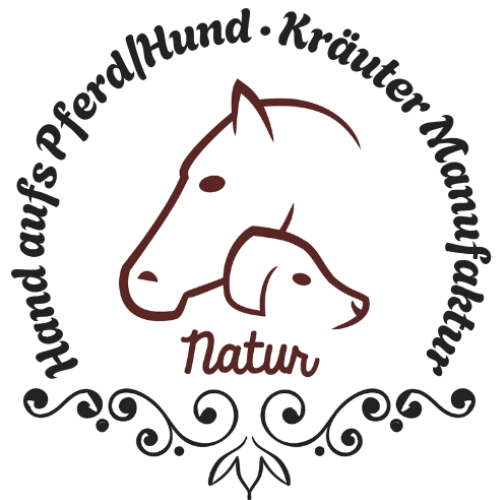
Herpes in horses
Herpes in horses – treatment and prevention
Herpes in horses is caused by the equine herpesvirus (EHV), a widespread virus that can lead to multiple diseases. There are several strains of the virus, of which EHV-1 and EHV-4 are the most important.
Herpes in horses: definition, causes and symptoms
definition
Equine herpesvirus belongs to the Herpesviridae family and primarily causes infections in the horse population worldwide. It is DNA-based and capable of remaining latent in the host's nerve cells, meaning infected horses can carry the virus even if they do not display active symptoms.
Causes
In addition to respiratory diseases, EHV-1 can also cause neurological diseases (equine herpesvirus myeloencephalopathy – EHM) and miscarriages in pregnant mares.
EHV-4 mostly causes respiratory diseases, but usually less severe than EHV-1.
Transmission usually occurs through direct contact with infected animals or through the ingestion of virus particles spread through the air (droplet infection). Transmission via contaminated objects, such as drinking troughs or grooming equipment, is also possible.
Symptoms
Symptoms can vary depending on the virus type and the horse's health. In general, infected horses may show the following signs:
- Fever : Often the first sign of infection.
- Respiratory symptoms : These include cough and nasal discharge.
- Loss of appetite : Affected horses often show a reduced appetite.
- General weakness : fatigue and reduced motivation.
- Neurological disorders : Particularly in connection with EHV-1, ataxia (coordination problems), weakness or paralysis of the hind limbs, urinary incontinence and difficulty in standing up may occur.
- Abortions : EHV-1 can cause abortion in pregnant mares, often in the last trimester of pregnancy.
It is important to note that EHV is a serious disease and can quickly spread to other horses, so early diagnosis and isolation of affected animals is essential. Safety measures such as regular vaccination and appropriate hygiene practices are central to the prevention of EHV outbreaks. Vaccines against EHV-1 and EHV-4 are available and can help reduce the incidence and severity of the disease, but they do not offer 100% protection against infection. The best protection remains a strong Immune system.
Herpes in horses – prevention
To further prevent infection, it is recommended that new horses in the herd undergo a mandatory quarantine period to avoid potential spread of the virus. Horse owners should also be cautious with horses participating in competitions or events, as they may be at a higher risk of acquiring and spreading EHV due to intensive contact with other horses.
Herpes in horses – therapy
Since there is no specific therapy for equine herpesvirus, treatment focuses on symptom relief and supporting the horse's immune system. An outbreak of neurological disease may require more intensive supportive therapy, including anti-inflammatory medications and sometimes antiviral agents.
Since the symptoms of EHV can be similar to those of other respiratory diseases, an accurate diagnosis by a veterinarian is crucial for the correct treatment. This can be done through clinical examination, laboratory tests of blood and Nasal discharge samples and possibly also of tissue in the case of miscarriages. The management of a sick horse should be an environment with low stress, good Nutrition and clean drinking water to support full recovery.
Given that infected horses can shed the virus for months or even years, long-term management of horses in a herd must be implemented to reduce spread. This includes identifying and managing infected animals accordingly, as well as conducting regular veterinary checkups.
It is important that horse owners and operators are well informed about EHV and act promptly when infection is suspected in order to contain outbreaks and ensure the health and welfare of all horses in their care.
Science meets tradition – herbal therapy
Although there is no cure for EHV and the use of herbs cannot eliminate the virus, certain plant compounds such as those in our Defensive herbs knight armor can be helpful.
rose hip
The rosehip is the fruit of the wild rose and is rich in vitamin C, flavonoids and other antioxidants.
Milk thistle seeds
Milk thistle is known for its active ingredient silymarin.
Siberian ginseng root
Siberian ginseng, also known as Siberian ginseng, is used as an adaptogenic agent in traditional Chinese medicine.
Cistus
Cistus, also known as rockrose, contains polyphenols and phytochemicals.
Black cumin
Black cumin contains thymoquinone and essential fatty acids.
marigold
Also contains secondary plant substances
Watercress
Watercress is rich in vitamin C and sulfur compounds.
Prevention and management of equine herpes
A healthy diet with sufficient vitamins and Minerals. Good hygiene and management also play a crucial role in preventing EHV outbreaks. Here are some tips:
- Regular vaccinations according to the veterinarian's recommendations.
- Isolate new horses for a quarantine period before introducing them into the herd.
- Avoid stress in horses, which weakens the immune system.
- Maintain stable hygiene and disinfect shared equipment.
- Sufficient exercise and fresh air to improve general well-being.
Herpes in horses – what you can do
While there is no cure for equine herpesvirus, herbal supplementation can be incorporated into the daily diet. In addition to herbs, you should always ensure a healthy environment and proper care for your horse.
As with any health plan, it's important to work with your veterinarian and avoid self-diagnosis or self-treatment. Your horse's health is of utmost importance and requires professional attention and care.
Source: Martina Hemm January 2025

